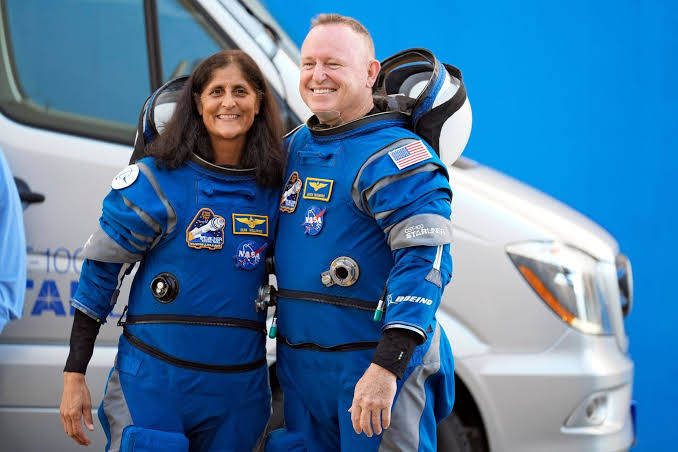Astronaut Sunita Williams is currently facing an extended mission aboard the International Space Station (ISS) with Barry Wilmore due to technical issues with their return spacecraft. Originally scheduled for a brief stay, their mission has now been indefinitely delayed, underscoring the serious health risks associated with prolonged space travel. The microgravity environment causes fluid redistribution that can lead to dehydration or overload, kidney issues, and accelerated muscle and bone loss. Increased intracranial pressure from fluid shift can impair vision and cognitive function, while reduced cardiovascular fitness and structural changes in the heart are additional concerns. Radiation exposure presents risks of cancer and neurological decline, and compromised immune function along with altered gut microbiota can lead to infections and digestive problems. The psychological effects of isolation and stress also pose significant mental health challenges. As NASA addresses the spacecraft issues, these health risks highlight the ultimate challenges of extended space missions.



